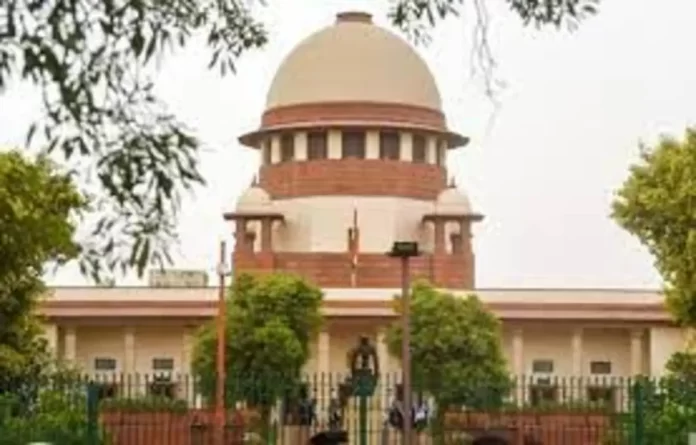The Supreme Court on Friday dismissed former Tamil Nadu Chief Minister and AIADMK leader O Panneerselvam’s challenge to a Madras High Court order, vide which suo motu revision was initiated against his discharge in a criminal case.
The Bench of Justice Hrishikesh Roy and Justice Prashant Kumar Mishra dismissed the Special Leave Petition (SLP). The bench added that the observations made in the impugned order are to be considered only for the purpose of the notice order in the Suo Motu Criminal RC No. 1524/2023 and those observations should have no bearing in deciding the criminal revision finally. All contentions are left open, it continued.
The matter against O Panneerselvam was that while serving as the Revenue Minister and the Chief Minister of Tamil Nadu between 19.05.2001 to 21.09.2001 and 02.03.2002 to 12.05.2006, he accumulated property and pecuniary resources disproportionate to his sources of income.
A primary inquiry was carried out by the Directorate of Vigilance and Anti-Corruption(DVAC) and finding materials to proceed further. Following, a case was registered under the Prevention of Corruption Act and investigation was taken up and sanction to prosecute was obtained. Nonetheless, after the change of government, the DVAC lodged a supplementary chargesheet exonerating Paneerselvam and sought to withdraw the prosecution.
Special Judge and Chief Judicial Magistrate Sivagangai on December 3, 2012, discharged the former Chief Minister after allowing the withdrawal of the prosecution. Justice Anand Venkatesh of the Madras High Court initiated a suo motu revision and issued notice to Panneerselvam having reservations about the order and finding prima facie material.
During the proceedings today before the top Court, Senior Advocate Jaideep Gupta appearing for O Panneerselvam urged that the prosecution in his regard was withdrawn by the prosecutor himself.
After hearing submissions, Justice Roy remarked that they have read the impugned order and would justify passing of such an order. The top court clarified that the observations in the impugned order shall not have a bearing on the criminal revision when it is finally heard.


